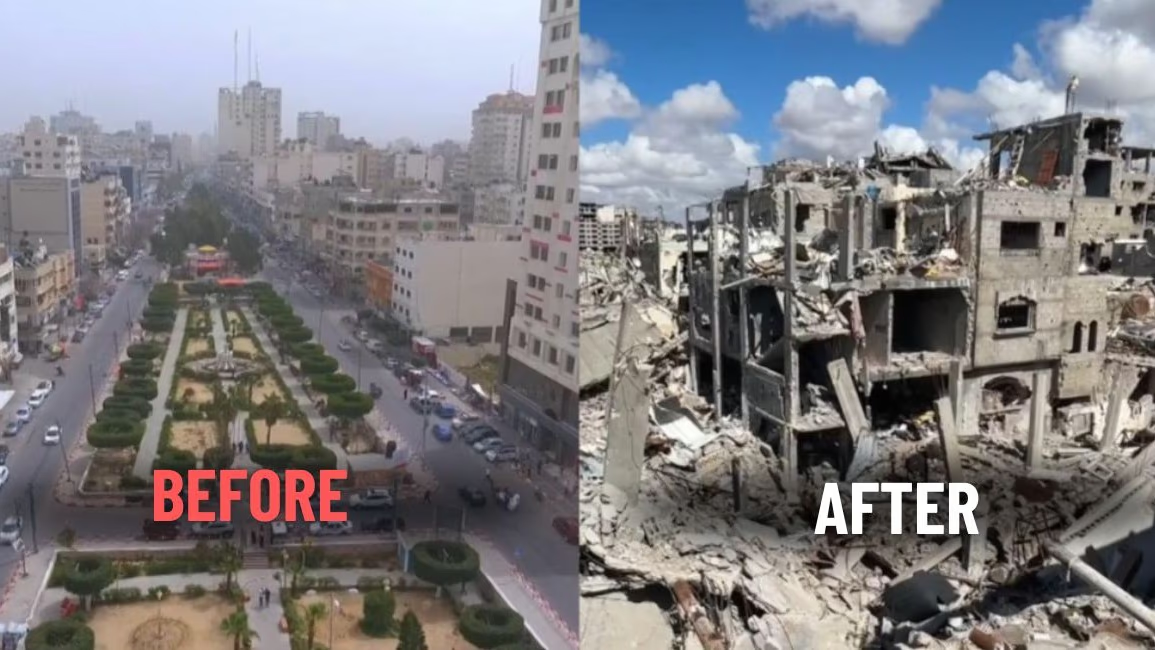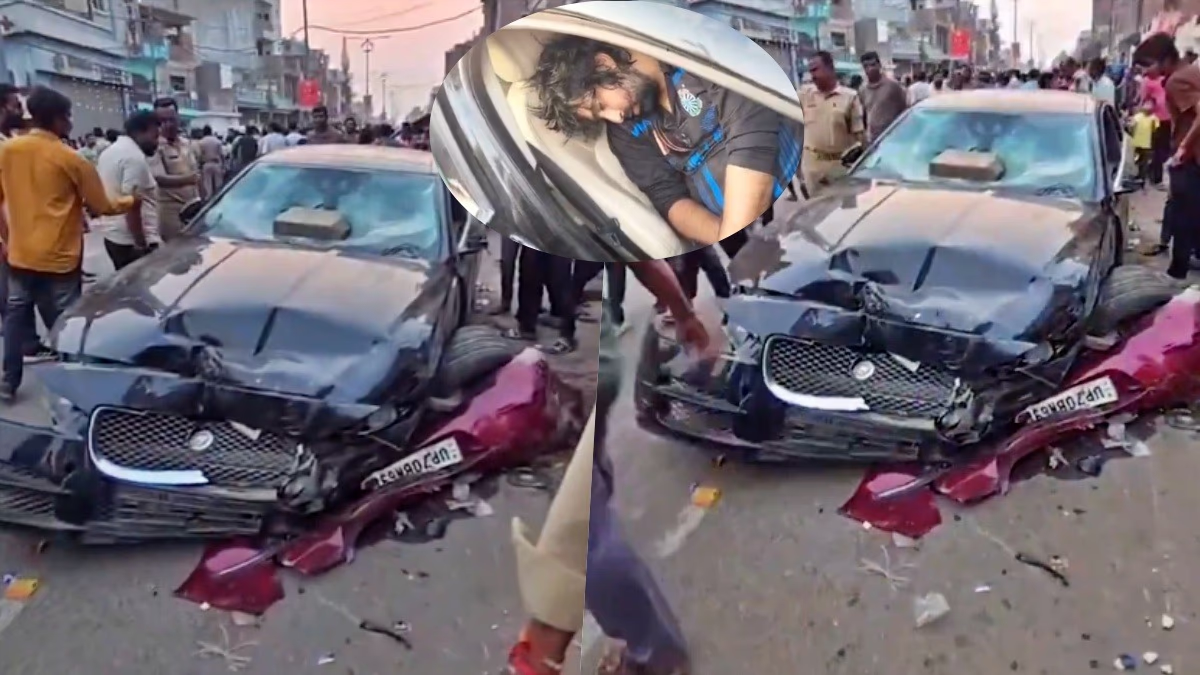It has been a year since Hamas launched its attack on Israel. In response, Netanyahu's war has left the Gaza Strip in ruins. Where buildings once stood, now lie mountains of debris, emitting a foul odor as decaying bodies and polluted sewage water spread disease. The city's streets have transformed into valleys filled with waste.
While conflicts between Israel and Hamas are not new, the current war has claimed over 41,000 lives in the Gaza Strip, the majority being women and children. The end of the war seems nowhere in sight, posing ongoing challenges for Gaza residents who may remain in unsanitary tents for years even after the conflict ceases.
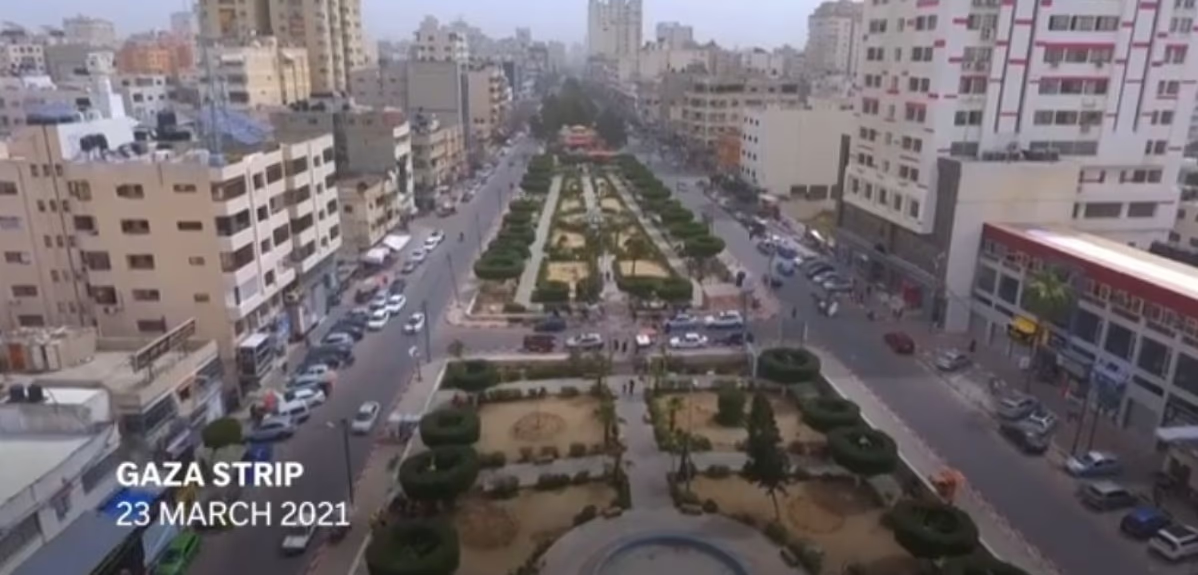
Source: aajtak
Experts believe it could take decades to reconstruct the city. According to satellite footage assessments by the United Nations, during the conflict, about a quarter of Gaza’s residential buildings, hospitals, and other infrastructure were destroyed. Over 66%, encompassing more than 227,000 residential buildings, have suffered some degree of damage.
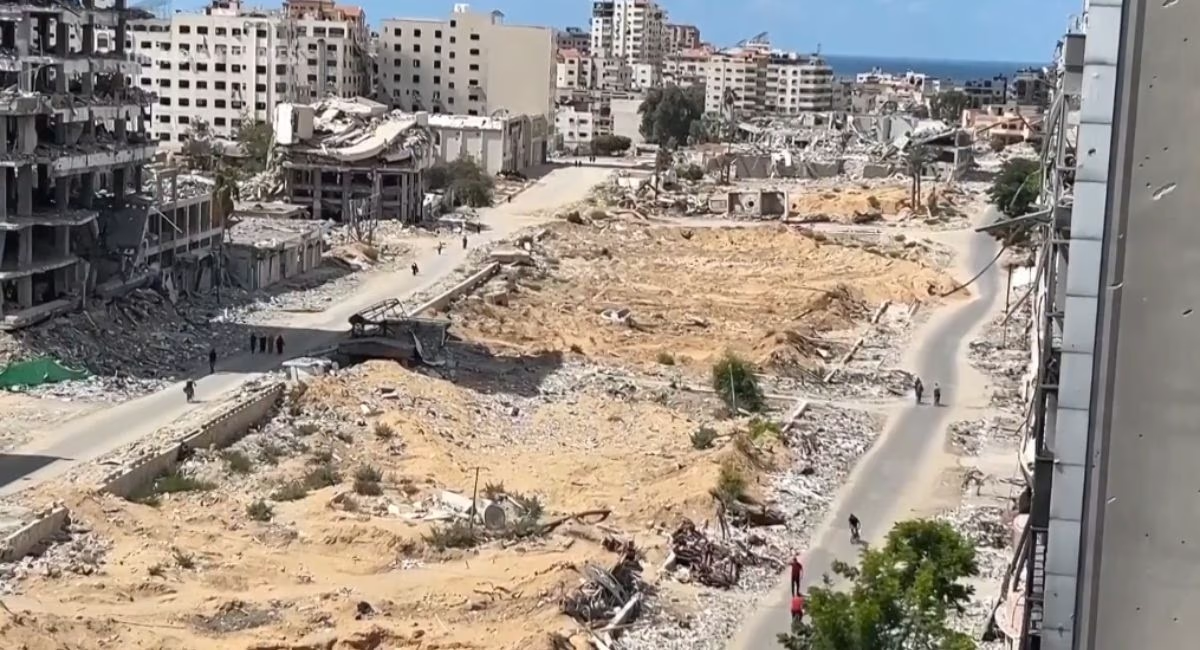
Source: aajtak
The United Nations estimates that 40 million tons of rubble have accumulated due to Israeli bombings in Gaza. It is suggested this debris could fill a 25-foot-deep lake, and clearing it could take 15 years and cost around 650 million dollars.
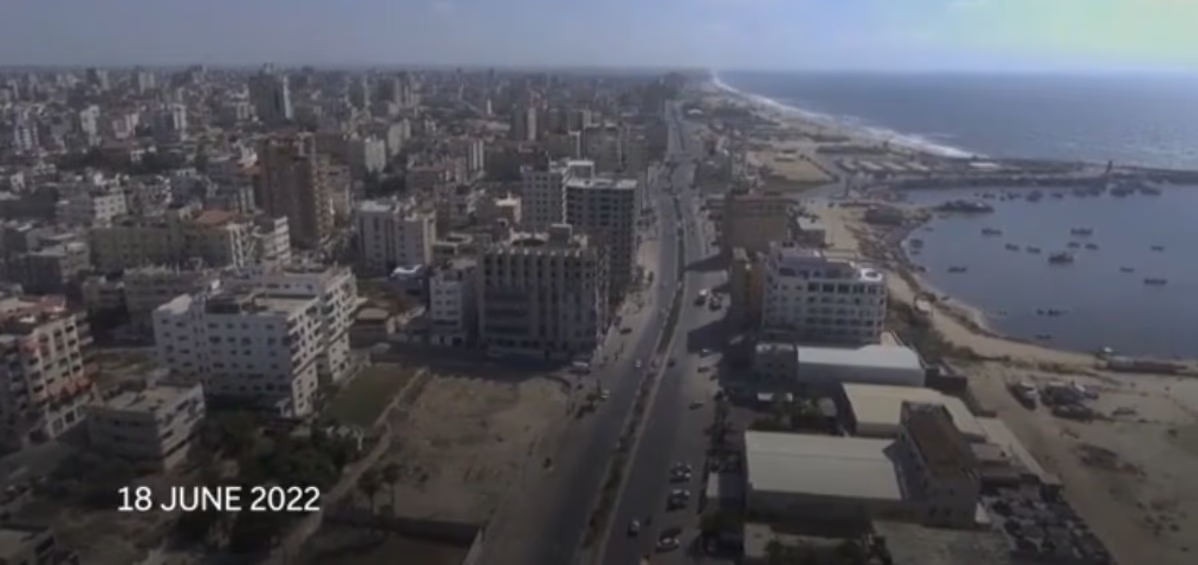
Source: aajtak
Seventy percent of Gaza's water and sewage systems have been destroyed. More than 80% of health infrastructure and most roads have been significantly damaged or decimated. The war has displaced 90% of Gaza's 2.3 million residents.
Thousands are forced to live in tents, lacking electricity, food, and sanitary facilities. A local organization estimated that as of September, 900,000 people still needed tents.
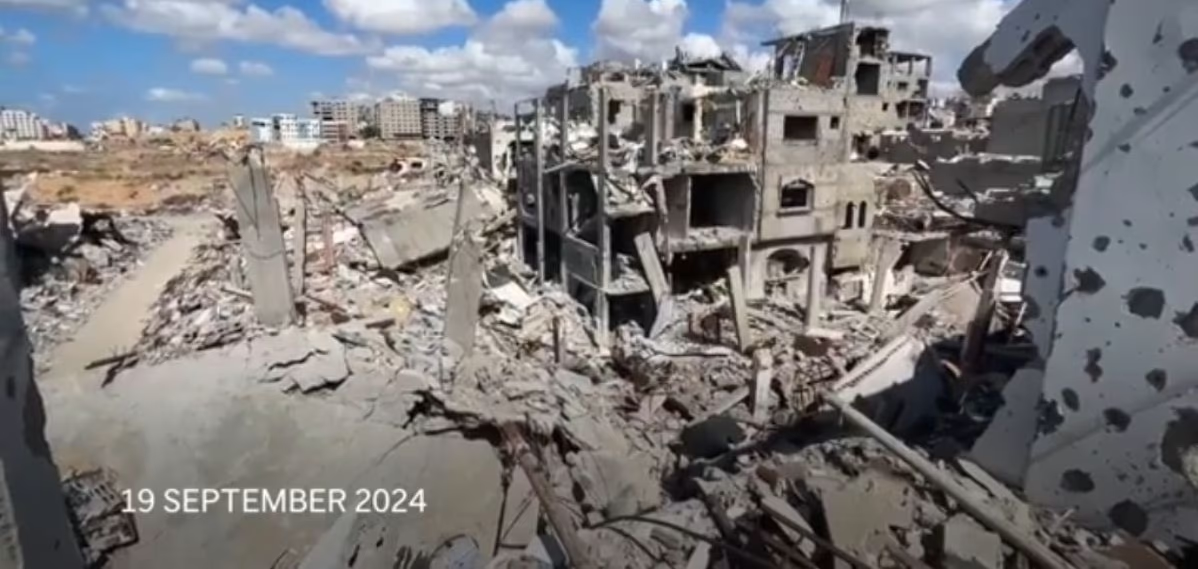
Source: aajtak
According to United Nations agencies, unemployment in Gaza has soared to 80%, and almost the entire population is living in poverty.
The real issue lies with the city's reconstruction, where Israel appears opposed and has made its stance clear. Before and after the war, the Israeli administration denied any intent of capturing Gaza, but its position seems to have evolved.
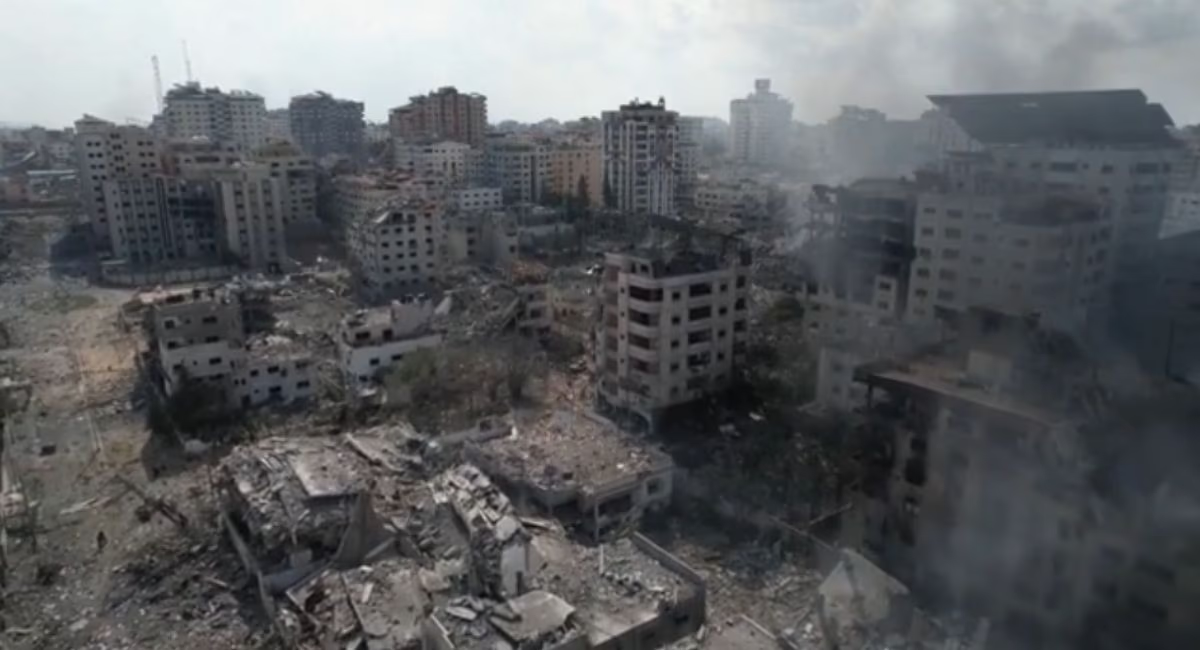
Source: aajtak
An AP report states that Israeli PM Netanyahu has himself stated that Israel will maintain security control over Gaza while handing over local administration to Palestinians.
In response to the devastation and questions about Gaza's future, wealthy Arab countries like Saudi Arabia and the United Arab Emirates have voiced support for the city's reconstruction and pledged to assist in its rebuilding efforts.
